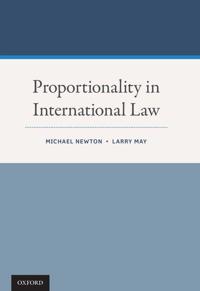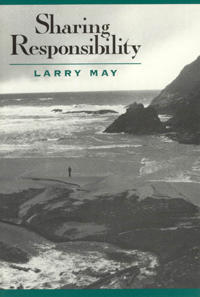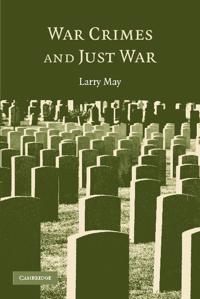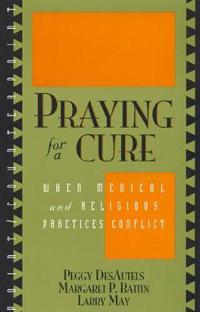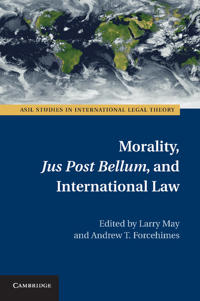Proportionality in International Law (Häftad)
avLarry May
ISBN: 9780199355051 - UTGIVEN: 2014-11Proportionality is intimately linked to the overarching concepts of self-defense, lawful force, and the controlled application of violence. It is one of the most visible facets of humanitarian law designed to reduce unnecessary human suffering and avoid excessive damage to property, and the natural [...]
Limiting Leviathan (Inbunden)
avLarry May
ISBN: 9780199682799 - UTGIVEN: 2013-09-01Thomas Hobbes wrote extensively about law, was strongly influenced by legal debates, and is considered by many to be one of the first legal positivists. Larry May presents the first book in English on Hobbes's legal philosophy, offering a new interpretation of Hobbes's views about the connections am[...]
Limiting Leviathan (Pocket)
avLarry May
ISBN: 9780199682805 - UTGIVEN: 2013-09-01Thomas Hobbes wrote extensively about law, was strongly influenced by legal debates, and is considered by many to be one of the first legal positivists. Larry May presents the first book in English on Hobbes's legal philosophy, offering a new interpretation of Hobbes's views about the connections am[...]
Sharing Responsibility (Häftad)
avLarry May
ISBN: 9780226511696 - UTGIVEN: 199605Are individuals responsible for the consequences of actions taken by their community? What about their community's inaction or its attitudes? In this work, the author departs from the traditional Western view that moral responsibility is limited to the consequences of overt individual action. Drawin[...]
Genocide (Pocket)
avLarry May
ISBN: 9780521122962 - UTGIVEN: 2010-02Larry May examines the normative and conceptual problems concerning the crime of genocide. Genocide arises out of the worst of horrors. Legally, however, the unique character of genocide is reduced to a technical requirement, that the perpetrator's act manifest an intention to destroy a protected gr[...]
War Crimes And Just War (Pocket)
avLarry May
ISBN: 9780521691536 - UTGIVEN: 2007-02Larry May argues that the best way to understand war crimes is as crimes against humanness rather than as violations of justice. He shows that in a deeply pluralistic world, we need to understand the rules of war as the collective responsibility of states that send their citizens into harm's way, as[...]
Praying for a Cure (Häftad)
avPeggy DesAutels, Margaret P. Battin, Larry May
ISBN: 9780847692637 - UTGIVEN: 1999-03When the children of Christian Scientists die from a treatable illness, are their parents guilty of murder for withholding that treatment? How should the rights of children, the authority of the medical community, and religious freedom be balanced? Is it possible for those adhering to a medical mode[...]
After War Ends (Pocket)
avLarry May
ISBN: 9781107603622 - UTGIVEN: 2012-04-19This is the first book-length treatment of justice after war ends. Larry May combines here both philosophical and legal analysis.[...]
Philosophy of Law: Classic and Contemporary Readings (Häftad)
avLarry May
ISBN: 9781405183871 - UTGIVEN: 2009-04-30Philosophy of Law: Classic and Contemporary Readings (Inbunden)
avLarry May
ISBN: 9781405183888 - UTGIVEN: 2009-06-30Morality, Jus Post Bellum , and International Law (Pocket)
avLarry (EDT) May, Andrew (EDT) Forcehimes, Larry (EDT) May
ISBN: 9781107697447 - UTGIVEN: 2014-01This collection of essays brings together some of the leading legal, political and moral theorists to discuss the normative issues that arise when war concludes and when a society strives to regain peace. In the transition from war, mass atrocity or a repressive regime, how should we regard the idea[...]

